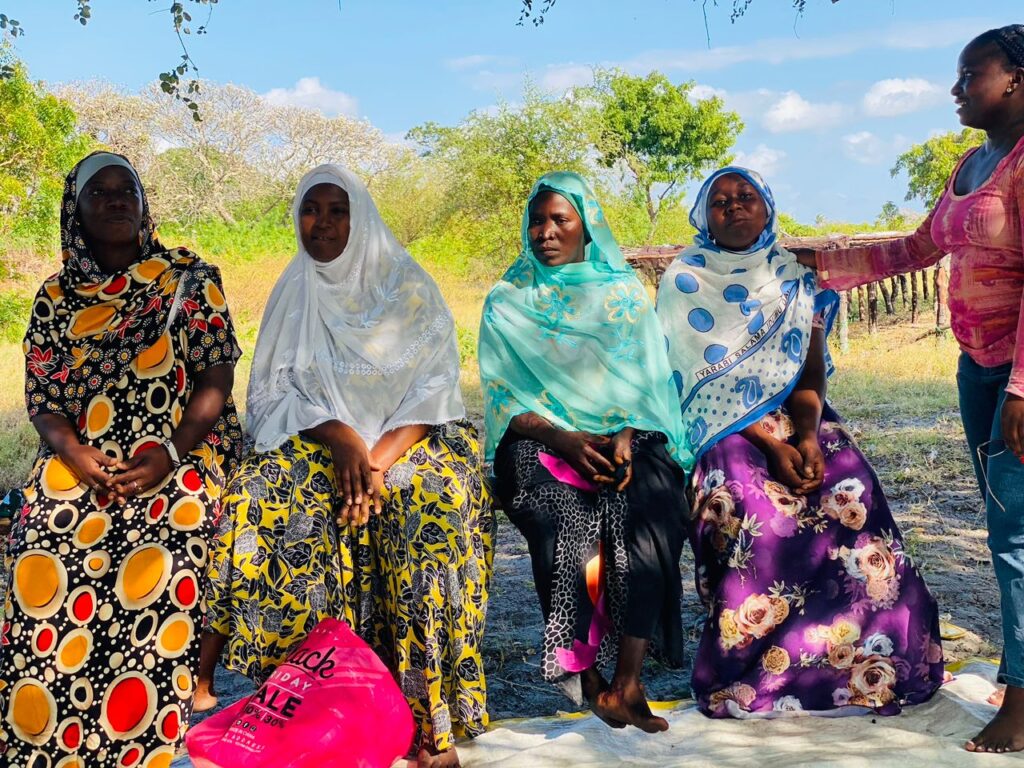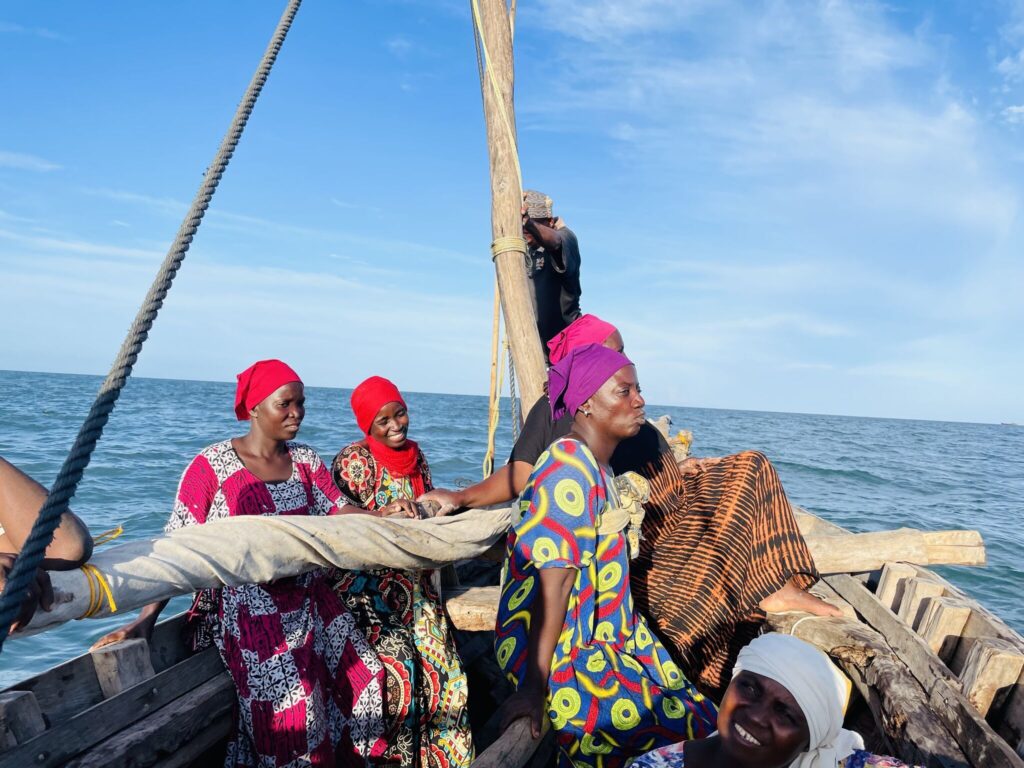The blue economy, encompassing all economic activities related to oceans, seas, and coastal areas, represents a crucial frontier for sustainable development. In recent years, women in Global South countries, Tanzania inclusive have emerged as key contributors to this sector, bringing innovation, resilience, and sustainability to marine-based livelihoods. Their roles not only enhance local economies but also play a significant part in addressing global coastal challenges, from climate change to marine biodiversity loss.
Women in coastal communities across the Global South are increasingly taking on pivotal roles in various aspects of the blue economy. One prominent area is sustainable aquaculture. In countries like Kenya, Tanzania, and Mozambique, women are leading seaweed farming initiatives, which are recognized as a sustainable practice that provides income while sequestering carbon and improving marine biodiversity. Additionally, women are actively involved in small-scale fisheries, where they often manage post-harvest processing and marketing, crucial components for both food security and local economic development.
Moreover, female entrepreneurs are making strides in coastal tourism, developing eco-friendly initiatives that promote cultural heritage while preserving fragile coastal ecosystems. Women scientists and community leaders are also at the forefront of marine conservation efforts, advocating for coral reef restoration and mangrove protection. Their contributions to the blue economy are not only transformative but also embody the essence of sustainable development.
Among the most promising areas where women are making significant impacts is seaweed farming. This sector not only provides economic opportunities but also contributes to climate change mitigation and ocean health. For instance, the Africa Fair Seaweed Finance Facility (AFSFF) project aims to empower at least 25,000 female seaweed farmers in Kenya, Tanzania, and Mozambique between 2024 and 2028. This initiative provides access to financing, new farming technologies, and training in deeper-water seaweed farming techniques, thereby enhancing both productivity and climate resilience.
Aqua-Farms Organization (AFO) stands out as a key player in supporting women’s engagement in the sustainable blue economy. Based in Tanzania, AFO works tirelessly to promote the empowerment of women seaweed farmers through a variety of initiatives. The organization helps introduce innovative farming techniques that increase yield and resilience to climate change impacts, ensuring that these women are equipped to adapt to new challenges.
Through comprehensive training programs, AFO provides women with vital skills in sustainable aquaculture practices, business management, and climate adaptation. By connecting female farmers to both domestic and international markets, the organization ensures fair prices for their products, directly improving their economic standing. Furthermore, AFO collaborates with research institutions to develop climate-resilient seaweed strains and sustainable farming methods, benefiting women farmers and the environment alike.
The ripple effect of empowering women in the blue economy is profound. As women gain economic independence and decision-making power, they invest more in their families’ health, education, and overall well-being. This not only strengthens individual households but also uplifts entire coastal communities, contributing to broader sustainable development goals.
Looking ahead, the role of women in the blue economy of Global South countries becomes increasingly vital as we navigate the challenges posed by climate change and ocean degradation. Organizations like Aqua-Farms Organization are paving the way for a more inclusive, resilient, and sustainable marine sector. By supporting these initiatives and recognizing the crucial contributions of women, we can ensure that the blue economy thrives in a manner that benefits both people and the planet.
In conclusion, the future of our oceans depends on the talents and innovations of women in the Global South. They are leading the way in sustainable practices and community resilience, and it is essential that we amplify their voices and support their efforts.

Javis Bashabula
Communications Lead-AFO


